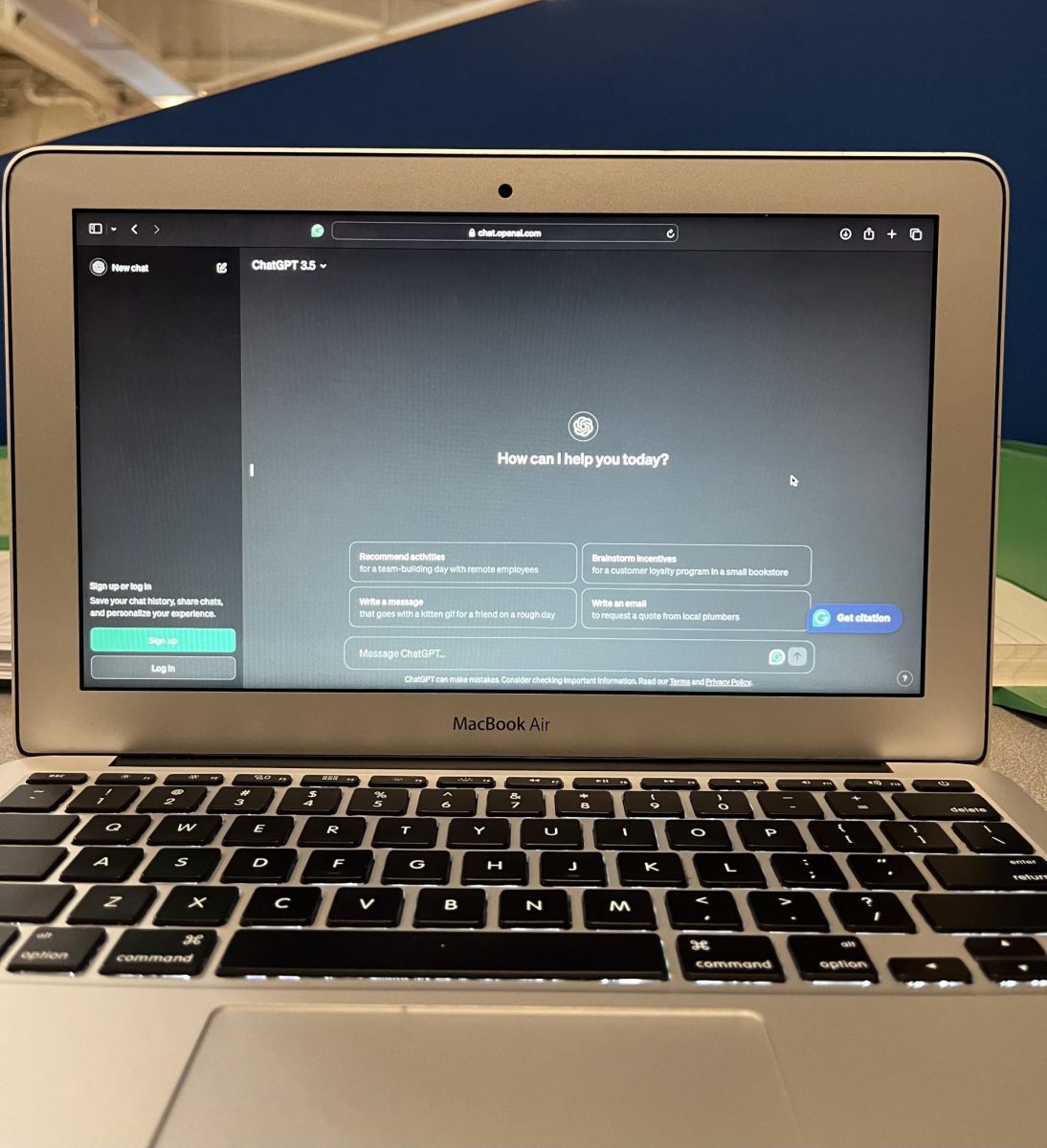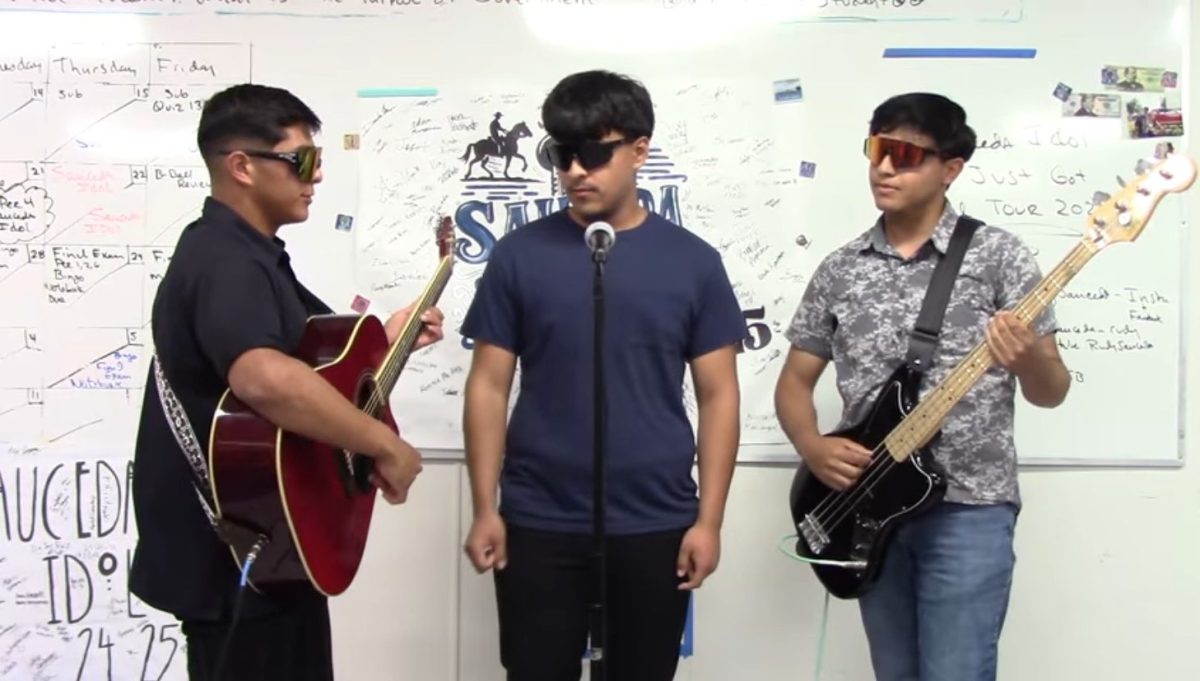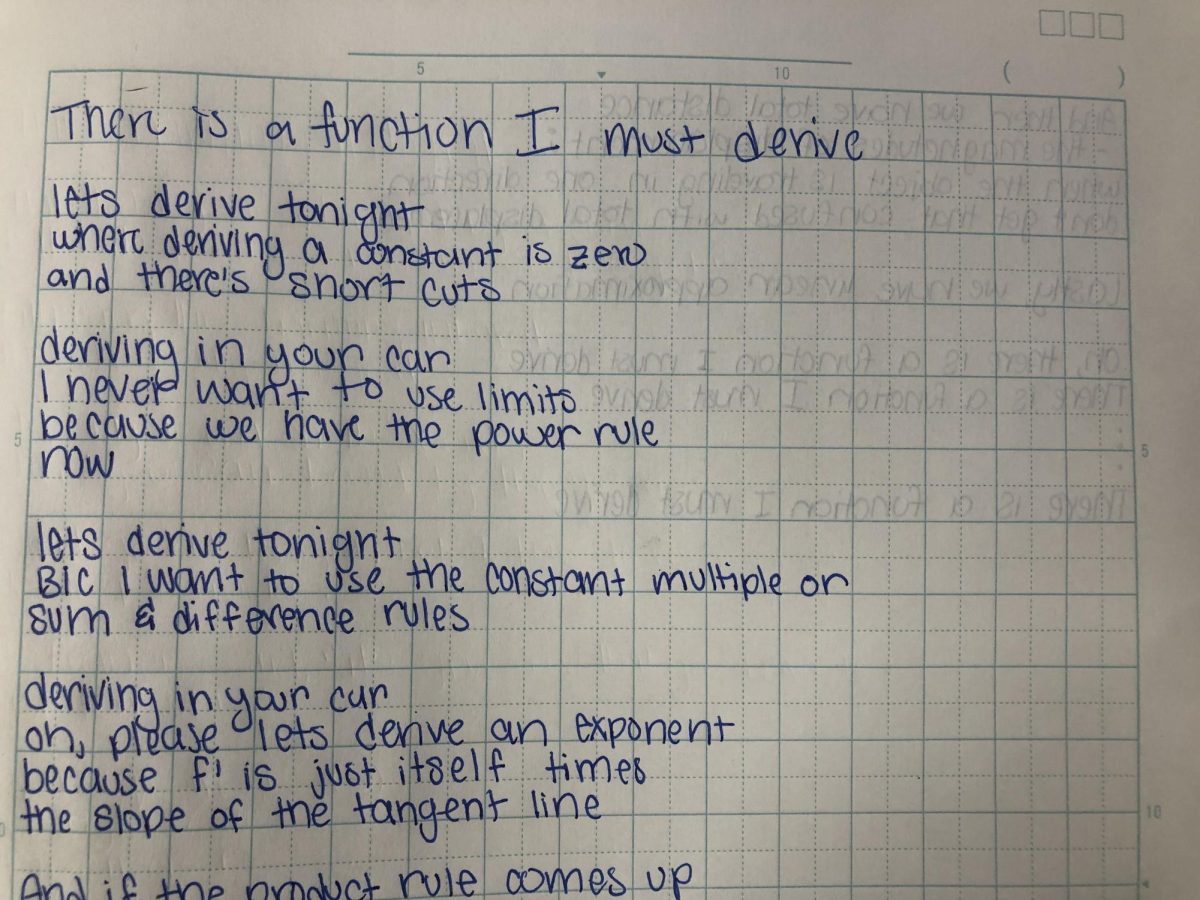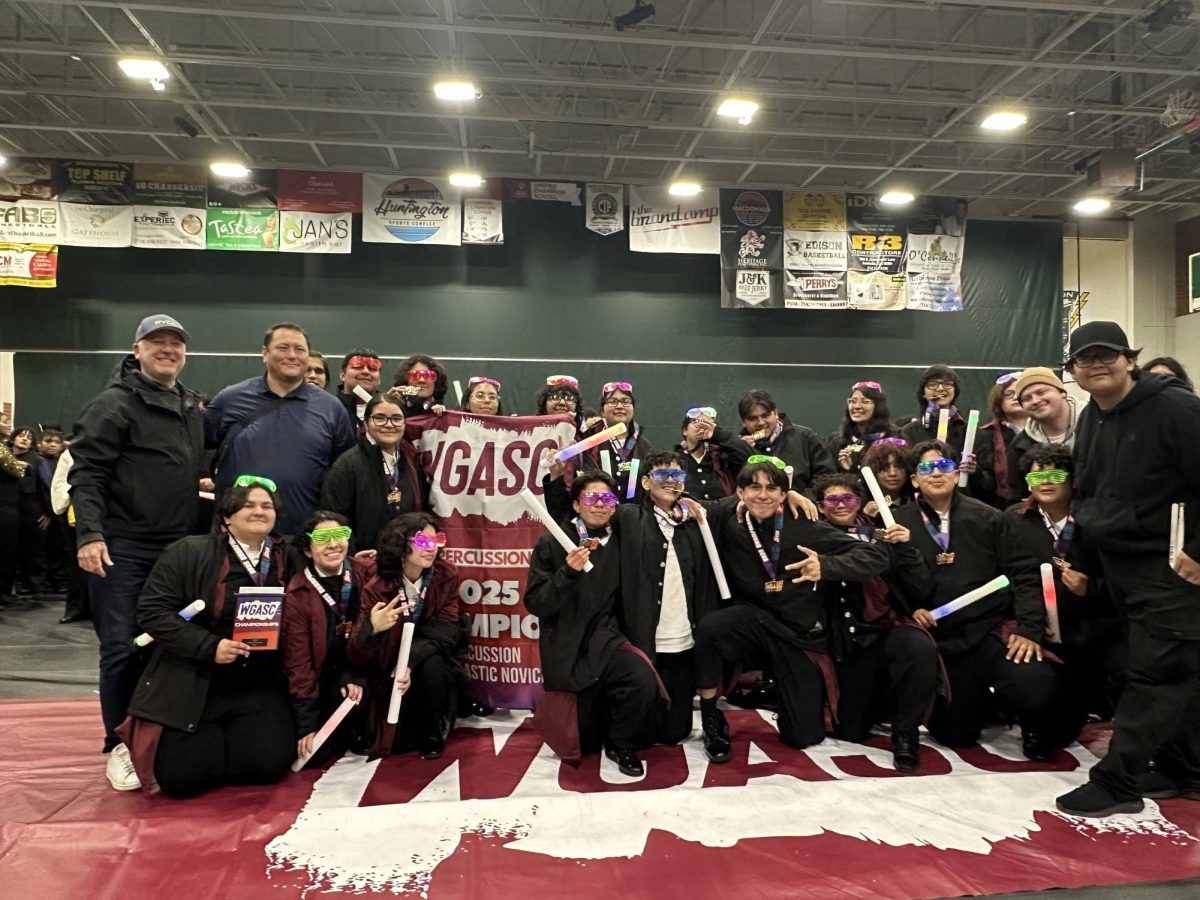As we get into the future AI continues to get better and better. Some apps and sources help with a student’s academic growth, some apps will help a student easily cheat. Most of these apps and websites come at no cost but can cause harm to a student’s academic growth. I would like to believe when using AI correctly and responsibly there shouldn’t be a problem with it and there are great benefits.
One of my favorite AI-based apps to use is Grammarly. Grammarly is an add-on that helps you when writing. It can aid you with spelling, grammar, plagiarism, and even with enhancing your vocabulary. I highly recommend having Grammarly on your computer, phone, tablet, or whatever device you may have.
There are also bad things about using AI. When you use AI you tend to miss out on certain things that you should learn from actually doing the work. For example, I tested out Instagram’s new AI. It’s very simple and easy to use. You could command it to make anything you want, and in a matter of seconds, you’ll have what you desire.
Dean Kathryn Adame had this to say about AI in the classroom. “The potential for AI in the classroom is very exciting! If used ethically, AI could revolutionize teaching and learning in the classroom. Our students and teachers need to be shown how to use AI responsibly. There are already several AI programs geared towards creating engaging classroom lessons using fact-based information.”
Although Adame seems very excited about AI. Some members of staff are for AI in the classroom but acknowledge the dark side of AI.
For example, Teacher Oscar Rivas says, “AI can be an excellent learning aid or it can also be a distraction, an easy way out, and worst, a way to cheat. All involved in education (teachers, administrators, students, and parents) must be well-trained to take advantage of the possibilities of AI.”
Teacher Roger Sanchez thinks in a similar way as Rivas. “AI in education is a double-edged sword. It can personalize learning, offer 24/7 support, and create engaging activities, but it also risks dehumanizing education, perpetuating bias, and enabling cheating. The key is using AI responsibly to empower teachers and benefit all students,” said Sanchez. However, teacher Marcella Lamar says, “AI isn’t as I (intelligent) as you think it is. AI is usually as smart as the person using it,” said Lamar.
Agreeing with Lamar, teacher Cynthia Lippstreu says, “I don’t like when students who cheat on math will lie to your face that they didn’t. They get really upset like they are defending their hard work but they can’t explain the problem to save their life. Some of the apps show the answer in ways that are dumb and 20 complicated steps and kids copy it exactly even though they were supposed to learn from me how to do the problem in three easy steps. The other kids will even call them out on how easy it is and the cheater will swear by their work still. I’m talking to all you kids who STILL don’t understand how to factor a trinomial. If you think math is hard and need help, talk to me instead of calling me the dumb one who doesn’t notice your cheating.”
Now that you’ve heard some teacher’s thoughts and opinions about Artificial Intelligence. How do you feel about AI at school? Leave a comment down below and tell us how you feel.









